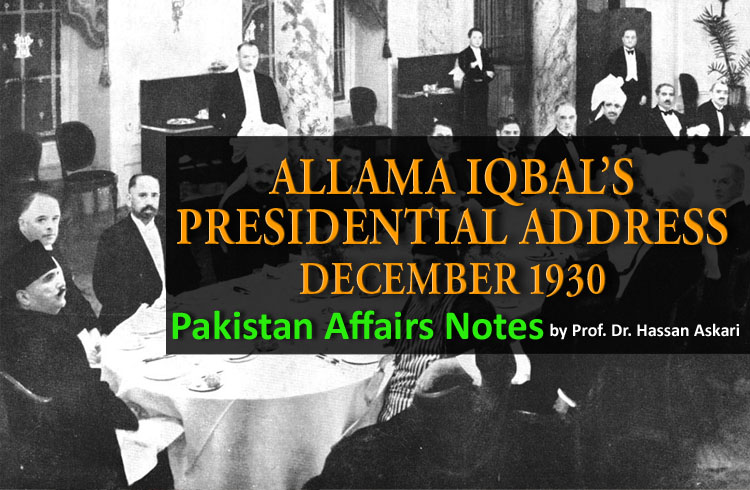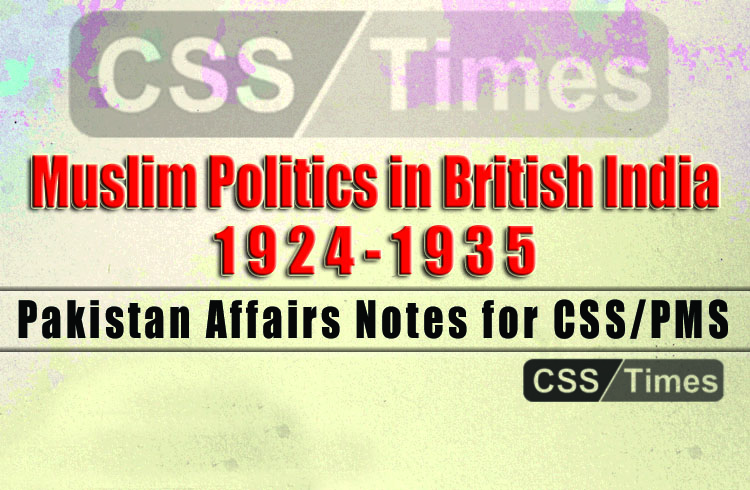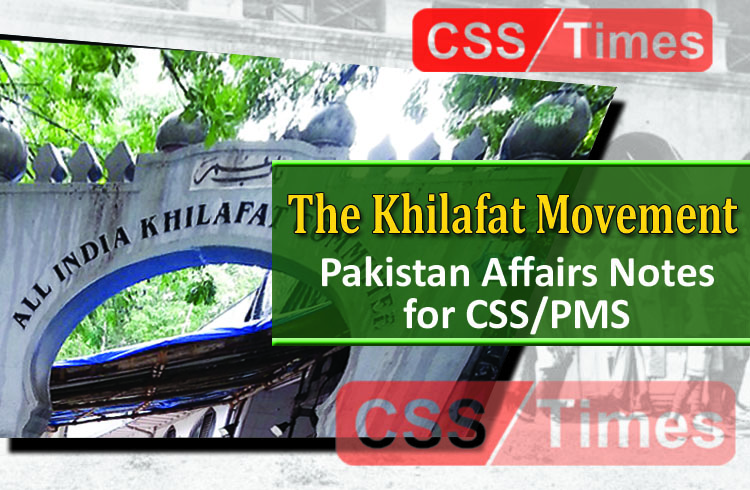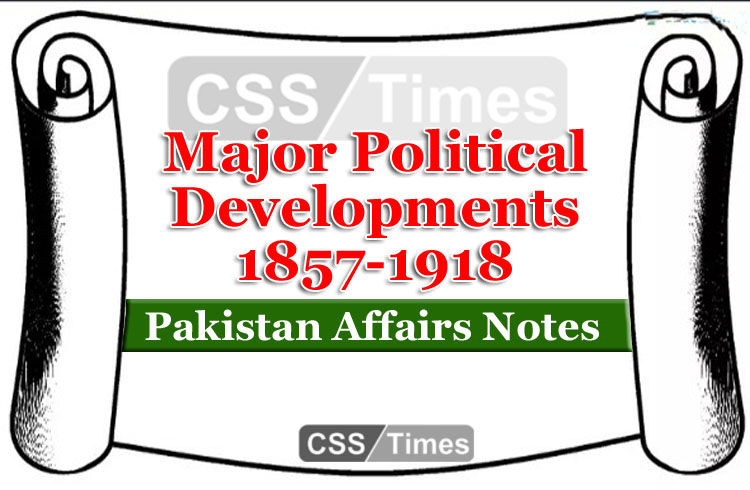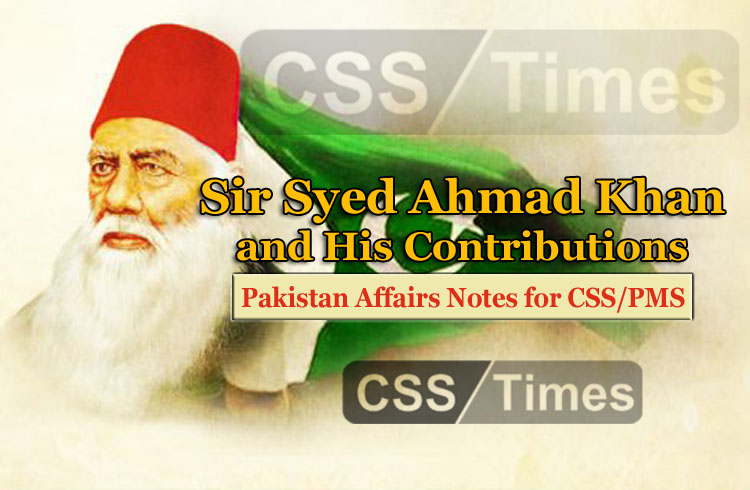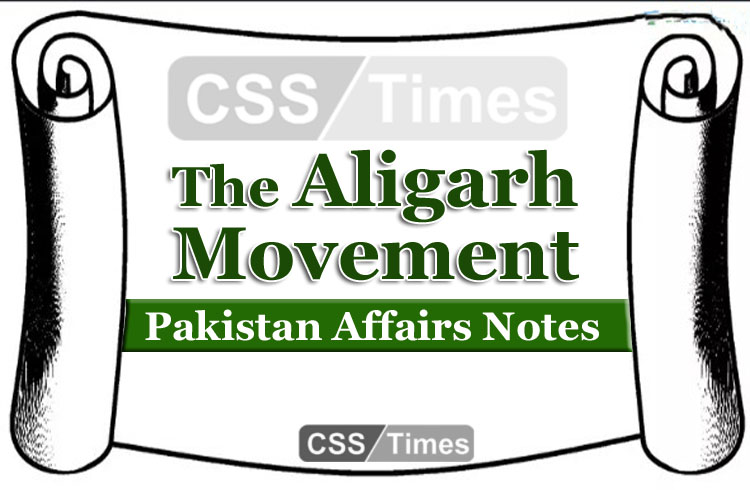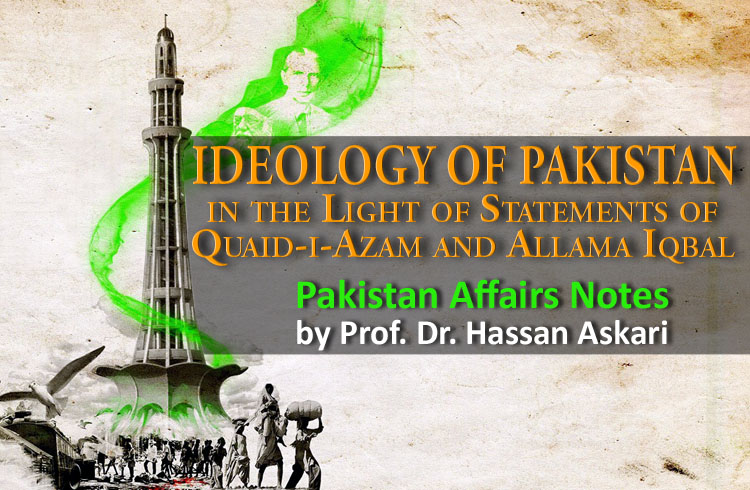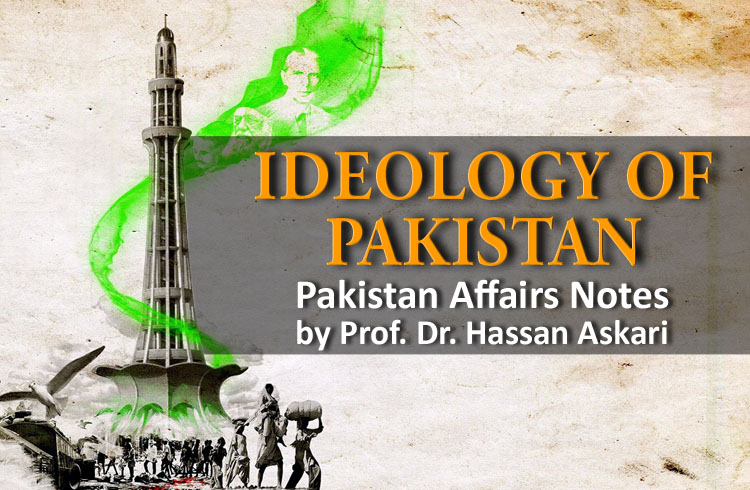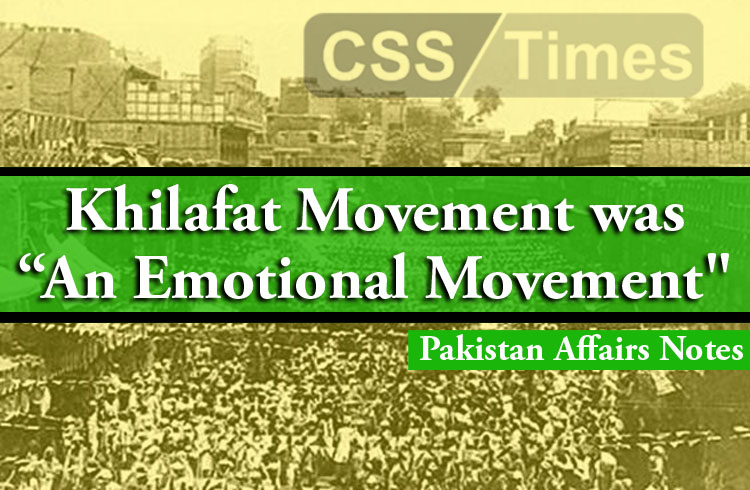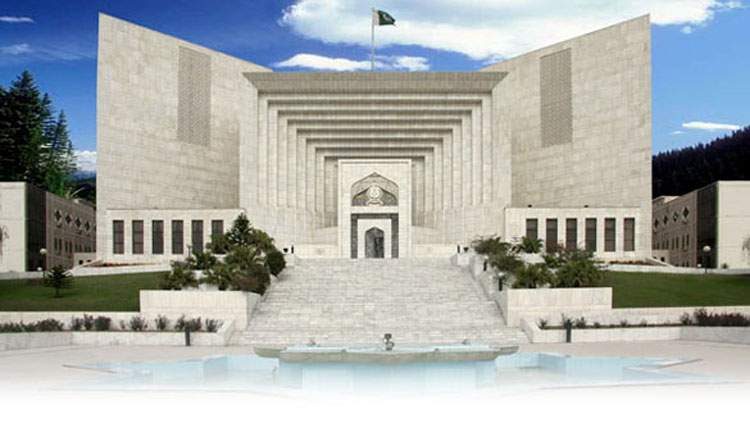ALLAMA IQBAL ’s Presidential Address December 1930
Dr Allama Muhammad Iqbal ranks amongst the Muslim intellectuals who left a deep impact on history. He inspired Muslims of the Sub-Continent and beyond. He infused a moving spirit and identity in the Indian Muslims. He presented a framework of their political future and talked how that would help to achieve the goal of Ummah. He presented a vision and dream in his Allahabad Address.
Background
The Hindu-Muslim question had great importance and stood crucial to British Indian history after 1857, especially in the 20th century. To Muslims, the key issue remained ‘separate identity.’ They tried their level best to make the rival nations understand that the Muslims are a separate nation having different culture and civilization, interests and rights. The Two Nations theory could not fascinate the Hindus and the British peoples because they believed in ‘territorial nationalism.’ The Hindus desired to absorb them in their majority but they could not face the arguments of the Muslim intellectuals. By 1930, Muslims had developed a sense of identity and political demands. Iqbal delivered his Presidential address in this background.
